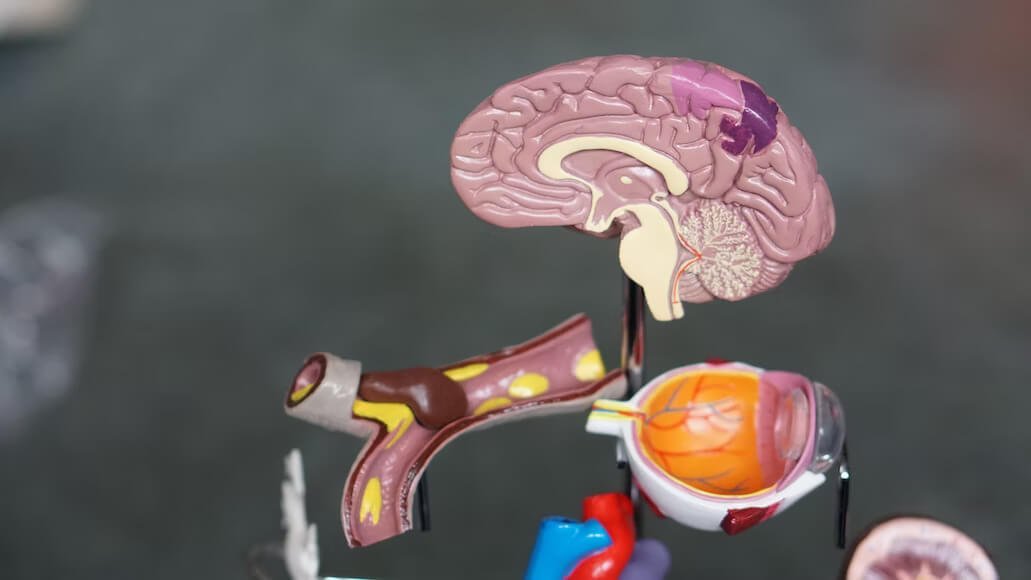The Importance of Healthy pH Levels in the Body
You might vaguely remember learning about pH levels in high school, but the concept of pH levels within the body may be unknown territory for most people. An imbalance in these levels can throw off every aspect of your body’s natural requirements.
There are many ways you can actively work towards mitigating the issue before it gets out of hand, like exploring natural remedies, including diet and lifestyle changes. And if you have ever asked yourself, ‘is alkaline water good for you?’, you will quickly learn the answer is yes.
What is a pH Imbalance?
Your pH balance, or acid-base balance, refers to the levels of acid and bases in your blood, which contribute to the functions of your body. While the body is built to naturally maintain these levels itself, with the lungs and kidneys playing key roles in the entire process, external factors like diet and environment can negatively impact the smooth sailing of this process.
A normal pH reading would sit between 7.35 and 7.45 on a scale of 0 to 14, where 0 represents acidity, and 14 is the most basic. If your lungs or kidneys do not work correctly, your pH levels become imbalanced. This disruption can lead to a range of health problems, including serious medical issues known as alkalosis and acidosis, which require medical intervention.
Most diseases, illnesses, and harmful bacteria thrive in environments with high acidity levels, and a body with too much acid is the more common imbalance. This forces our bodies to borrow essential minerals from organs, bones, and tissue to neutralize them. This repeated process weakens the system and leads to unfavorable symptoms and illness.
A healthy pH balance also helps to regulate the digestive tract, reproductive system, and skin.
Symptoms of a pH Imbalance
Changes in your pH levels can show themselves through various symptoms, which vary depending on the type of imbalance you have and the severity of the issue. However, some common symptoms should be investigated further.
These symptoms include tingling throughout the body, muscle cramps, feeling weak, seizures, irregular heartbeats, hypo or hyperventilation, and altered mental states from confusion to comatose.
Dangers of pH Imbalances
Our bodies are designed to handle the occasional large dose of acidity we usually get from our diets. So typically, it can be neutralized without depleting our alkaline reserves. But without proper steps to manage this neutralization, the body starts to struggle with maintaining healthy levels and serious health issues start to show.
Inflammation will become a common symptom as your body struggles to balance itself to function properly. Over time, this could lead to an increase in the pro-inflammatory blood acid homocysteine in your blood. With elevated levels of this present, your chances of developing conditions like heart attacks, strokes, and Alzheimer’s disease doubles.
Additionally, your risk of bone loss, osteoporosis, and osteopenia grows significantly. This is because the bones can be seen as a storage bank for alkalizing minerals. Therefore, when your body needs to rectify an influx of acid, this is the first place accessed for the necessary alkaline, causing your bones to get weakened. The more this process is repeated, the more damage your bones face, leading to a loss of bone density.
Diagnosis
If you suspect you may have a pH imbalance, it is vital that you visit your local GP for the proper testing. They will review your medical history, perform the necessary blood and urine tests, and administer the appropriate medical treatment specifically for you.
Possible tests you might have to undergo include arterial blood gas, which assesses your blood pH and oxygen and carbon dioxide levels. A basic metabolic panel checks your kidney function and general nutrient levels. Next, the urinalysis test will determine if your body properly expels acids and bases, and finally, a urine pH level test measures the urine’s alkalinity and acidity levels.
Your doctor might seek additional information to make a more educated assessment based on your rate in these tests. If you have diabetes, further glucose and ketone tests may be required.
Treatment
If your prognosis is more severe, you will require medical treatment to fix your levels and return them to a healthy balance. These treatments may include special medication, oxygen therapy, anxiety management, and renal therapy, if required, to name a few.
However, there are natural remedies and lifestyle changes we can all make to prevent our bodies from reaching these states. A well-rounded diet, including nutrient-dense food options like fruits, vegetables, whole grains, and legumes, while reducing acid-rich foods, including salt and other high-sodium meals, will leave you feeling good and balanced.
Staying hydrated and drinking plenty of water is essential, as dehydration affects electrolyte levels. In addition, drinking alkaline water will increase your hydration even further while replenishing the crucial minerals your body needs.
Probiotic supplements, especially for women, give your system the extra boost it might require to fight off harmful bacteria and support healthy microbiomes. Finally, avoiding harsh soaps, creams, and skincare products will prevent your skin from developing any pH issues.

